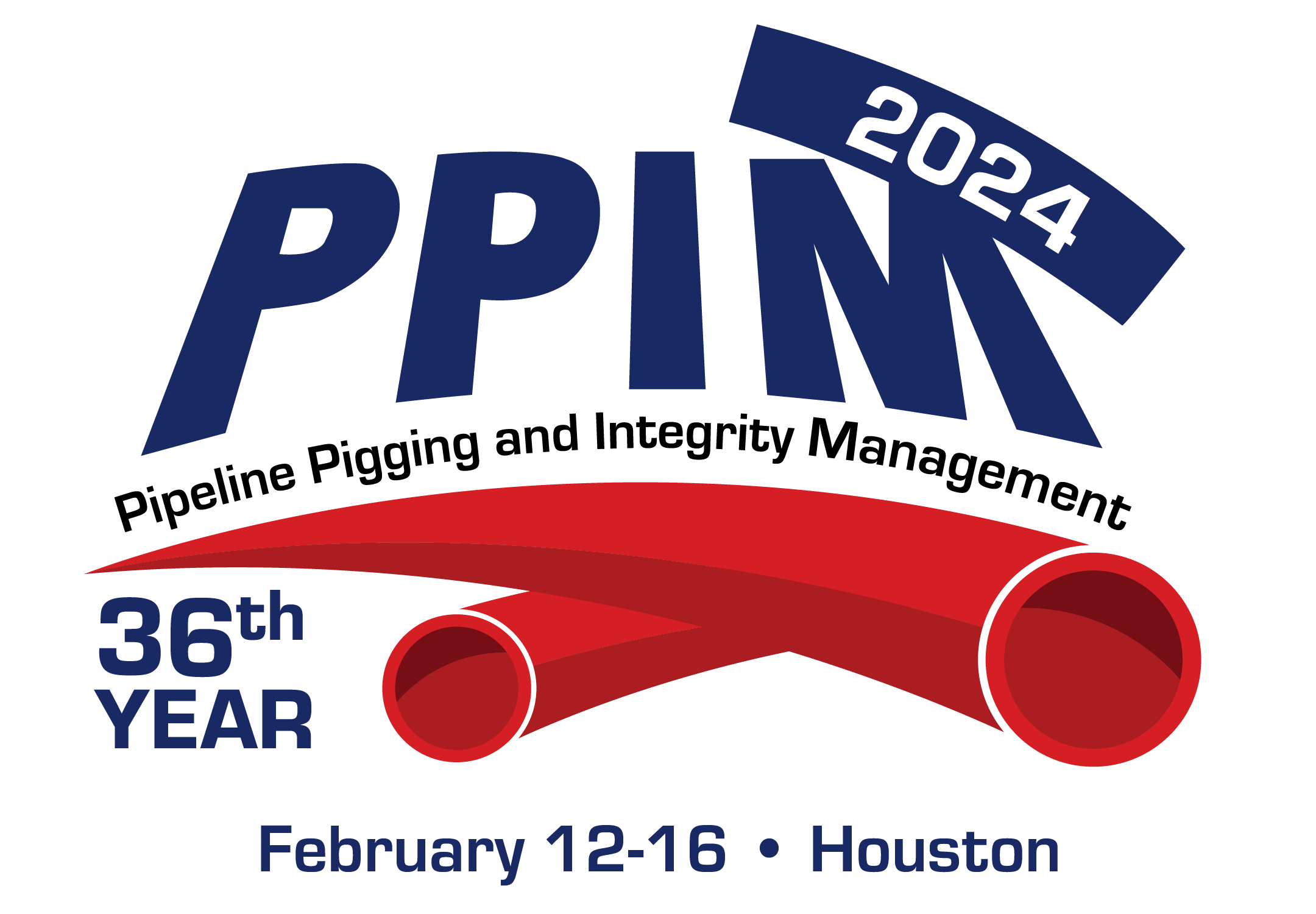COURSE SCHEDULE (both days)
7.30: Registration, breakfast, coffee
8.00 – 5.00: Course
It will be necessary to bring a laptop to this course.
Machine learning is emerging as a fundamental practice in support of pipeline integrity and risk management processes. As the amount and complexity of data is ever expanding through on-going assessments, broadening regulatory requirements, and increasing availability of satellite imagery, third party, government and industry contributed data, machine learning is making it possible to efficiently identify and manage what is important to integrity objectives.
COURSE OBJECTIVES
This course is a highly interactive hands-on workshop using provided example or attendee data to take the mystery out of machine learning and associated analytics in the context of pipeline integrity. Through a secure web-based application, the attendee will work through key fundamentals and use cases to personally experience how models are learned and validated, complex patterns revealed, outliers identified and data quality assessed and mitigated.
Day 1 of the course focuses on the machine learning process and fundamentals including learning types, learning models, model validation, data quality and mitigation, and data preparation in support of learning. Day 2 focuses on high value use cases including learning threat models, predicting mitigation costs, predicting missing data, assessing rare threats, threat model validation and using machine learning to support risk analysis. Special emphasis will be placed on how machine learning practices can support new and existing PHMSA based requirements.
The expectation is the attendee will leave with a sound understanding of the process, the ability to converse in the context of machine learning and access to resources to continue building their expertise.
CONTINUING EDUCATION UNITS
Upon completion of the course, participants will be awarded 1.4 CEUs.
WHO SHOULD ATTEND
Anyone requiring a working knowledge of analytics and machine learning and how these can be used to augment integrity and risk management processes.
WHAT YOU WILL LEARN
This course will present the basics of machine learning and how the process is used to support integrity and risk management. You will learn:
• Data sampling, preparation & quality assurance methods
• Feature analysis & engineering
• Classification & cluster learning methods
• Regression learning methods
• Basics of inferential statistics & sampling
• Outlier detection
• Model validation
• Machine learning based risk
• Where to go to learn & perform your own machine learning
INSTRUCTOR
Mike Gloven is Managing Partner of Pipeline-Risk, a provider of machine learning based integrity management and risk solutions for the oil, gas and water industries. He’s a risk and asset management practitioner with more than 30 years of experience working as an asset and integrity manager, technical consultant, software developer, business owner and energy company executive. Mike is a frequent speaker on machine learning based risk & integrity management and has led the development of numerous technology-based solutions currently in use in the energy industry.


